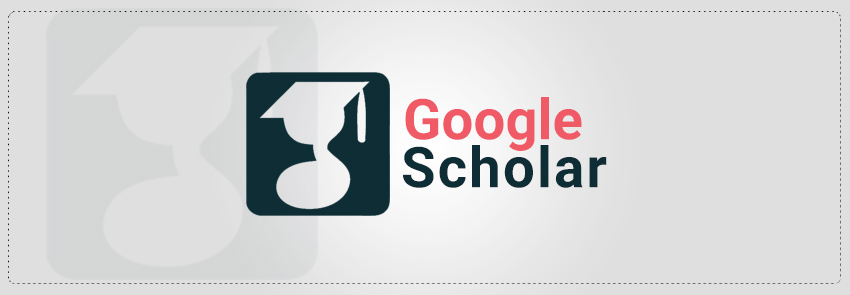Enhancing Support Mechanisms in Rehabilitation Counseling: A Pathway to Independence
Abstract
The evolution of rehabilitation counseling stands as a testament to the relentless pursuit of empowerment and independence for individuals with disabilities. This specialized field, anchored in a rich history of advocacy and support, has continually adapted to meet the changing needs of its clientele. The essence of rehabilitation counseling—a systematic process aimed at enabling personal, professional, and independent living goals for those with disabilities—is more relevant today than ever before. However, the journey towards enhancing support mechanisms in rehabilitation counseling is not without its challenges. The field must continue to evolve, embracing innovative strategies and technologies that can further support its mission. Collaboration across disciplines, increased investment in research, and a commitment to advocacy are essential in overcoming these challenges. As we look towards the future, it is clear that a concerted effort from all stakeholders—practitioners, educators, policymakers, and clients themselves—is necessary to continue the advancement of rehabilitation counseling. In conclusion, the pathway to independence for individuals with disabilities is multifaceted, requiring a holistic approach that encompasses evidence-based practice, professional identity, and organizational evolution. The competencies and job functions essential for positive outcomes in rehabilitation counseling are continually evolving, reflecting the dynamic nature of the field. By prioritizing these areas, we can enhance the support mechanisms in rehabilitation counseling, thereby fostering a more inclusive and empowering society for individuals with disabilities.
Downloads
Downloads
Additional Files
Published
License
Copyright (c) 2023 James Ma (Author); Seyed Alireza Saadati (Corresponding Author)

This work is licensed under a Creative Commons Attribution-NonCommercial 4.0 International License.








